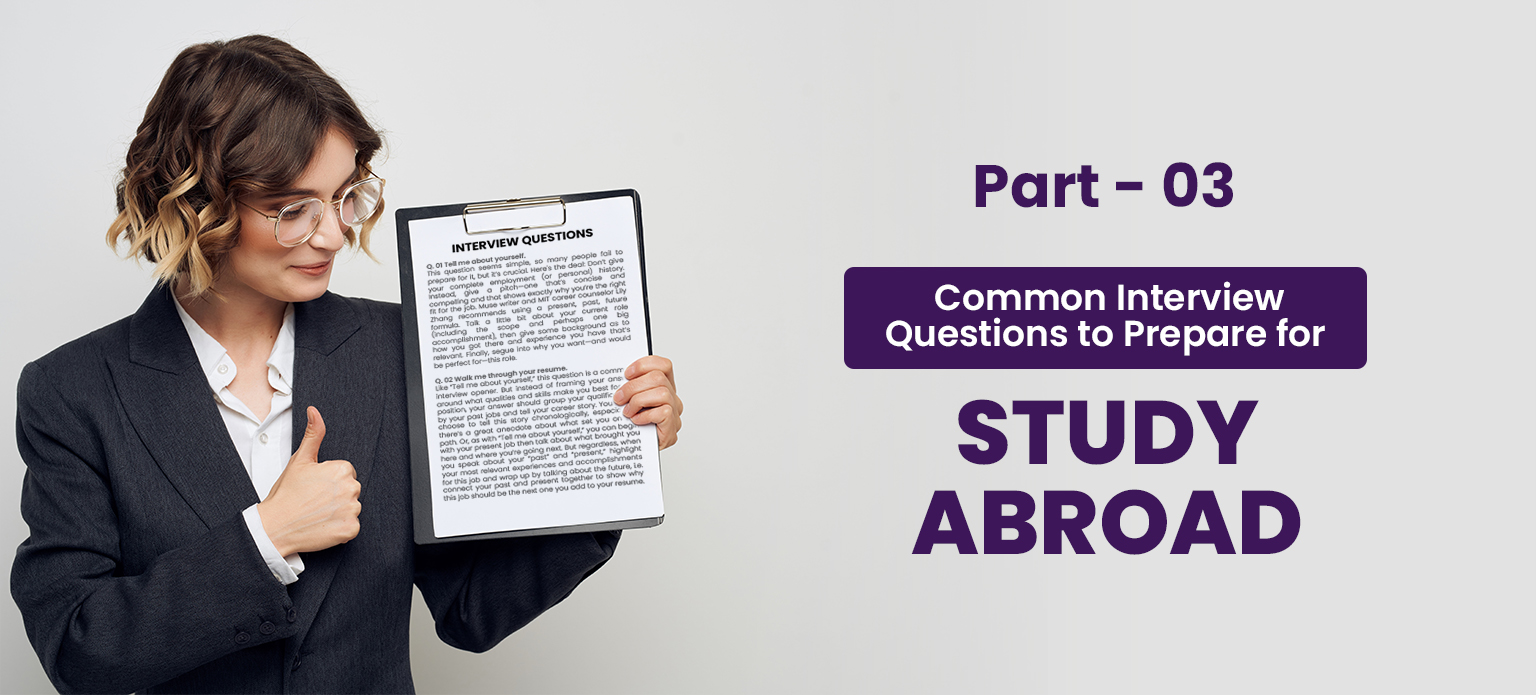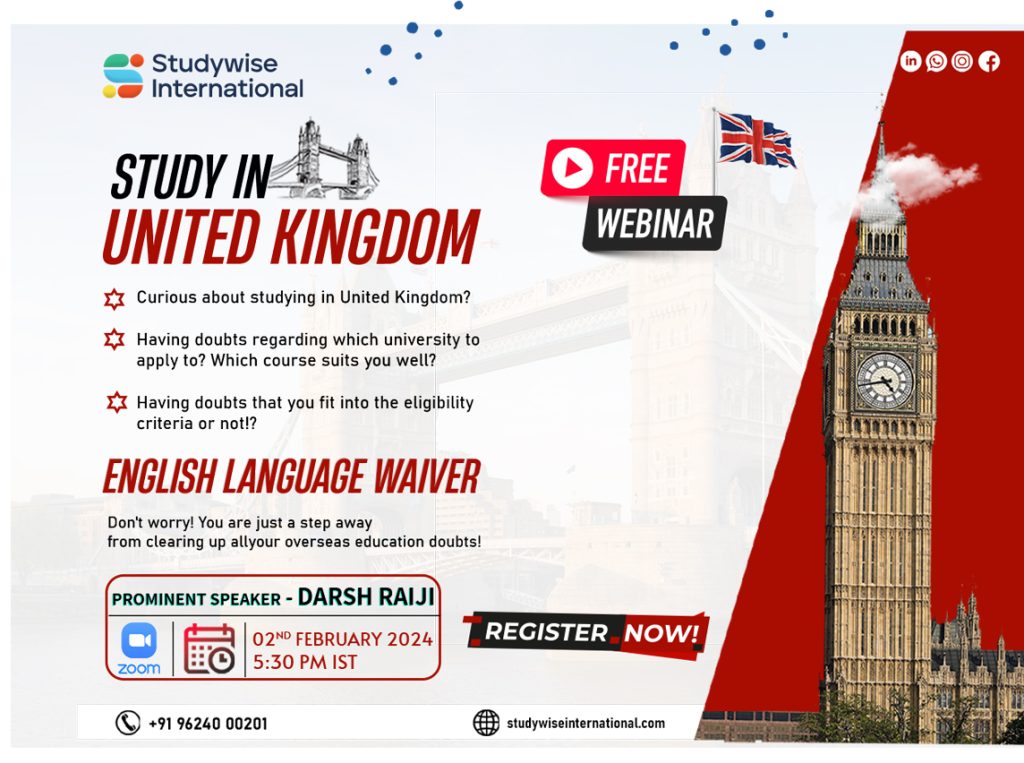
Student Interview Questions and How to Answer Them – Part III
- Categories All Study in Abroad Blogs, Studying Abroad
- Date April 12, 2024
If you are here, you must have read Part I and Part II of the blog. In the previous parts, we went through the personal questions, the ice-breaking technique and a few background questions. Significantly, the next set of questions is what truly deciphers your position at the interview.
Personal and Professional Goals
These questions are on your life goals, aspirations, inspirations and motivation. Hence, this is where intensive research on the university is required. Read everything published online that could help you understand the university better. How many institutes there are? Where is which institute located? But which ones offer the courses you wish to pursue? What particular facilities and value do these institutes bring?
“Where do you want to study abroad?”
If the university has institutes in multiple locations, this would be one of the first questions asked. If you can’t make any selections, it is okay to answer with multiple locations. But, but. Those locations must have the course you wish to pursue. Alternatively, they could have common characteristics like lifestyle, ideology, historical connection and more. Your answer will reflect on your investment in your dream. You could also specify where you don’t wish to go. In the latter, reason it accurately.
Well, studying in an English-speaking country would need give me an edge. Further, I would like to study in a more (your career industry)-focused country. I believe the environment would benefit my course. Other than that, it would be a pleasure to learn under the professionals during my course, training programs and internships who come from such a forwarded land.
Furthermore, if you strongly believe in a cause like sustainability or women’s rights, you could select your study destination. This would be the right time to mention this.
“What do you want or need to study?”
Some universities let students choose the subjects involved in their courses. For instance, your course is focused on software engineering. If you want to study a subject in archaeology as an interest, you could ask for it. Think maybe taking up History or a language will enhance your career prospects, you could do that. Above all, students can also take up a few subjects and projects to earn extra credits alongside their course. A bit sceptical? Take this up with your education consultant and seek clarity.
I would love to take some classes in History and English. I plan on staying back a few years after my graduation to gain work experience. Knowing the country’s history with its global perspective will help me connect with employers better. Besides, as I mentioned earlier, I dig stories. A country’s history and literature are only stories of its origin, development and people. With my courses, I mean to deepen my current as well as futuer endeavours.
See what we did there? We created a connection between our answers. We had mentioned our love for stories in an answer in Part I. Similarly, you too can reflect on your beliefs and prepare for answers built on them. Your answers would help deliver your personality, interests and ideologies. You could also ask the interviewer about the courses they think could be most useful to your goals. It is a conversation, isn’t it?
“Why did you choose to study abroad rather than your home country?”
As an Indian student, you could have simply travelled, interned or volunteered overseas. Why did you choose to study abroad? You would have thought about this multiple times before even applying for the course. This is your moment to shine. The question is less about your choice and more about your goals.
Firstly, My interest is in indulging in the culture and attractions of (university location) and around. A large part of my motivation to move so far from my native place is my desire to seek quality education. India is rapidly growing. But unfortunately for the students of now, universities in India cannot provide the calibre we are looking for. On the other hand, (university name) is known around the world for its (facilities). Additionally, I wanted to seek this inning of my academic life in the land of a global perspective. It is true that I could have applied for an internship but I was, explicitly, in desire of the whole package.
What are your life goals?
You know them better than we do. Your goals set the path for your future. Hence, they need the impact you believe you will put up with it. Ponder over it, jot down the points and form an answer because you will surely need it in the interview.
I walked into this interview with my ambitions. And as we went deeper into it, my goal became clearer and clearer. I have spent most of my life getting inspired by others’ stories. My goal is to create my own. From this course, or my life in (university location), I am looking to dig deeper into my values and potentials. I want to make an impact with my work in (area of education). I want to be a story that the next generations get inspired from.
“How did you decide to come to (university country)?”
“It’s not you, it is me.” is not the answer they are looking for. Particularly, this is the admission committee’s attempt to understand your expectations from the university and its experience. Notably, this is your chance to figure out if this indeed is the right place for you. Lay out your expectations as wide as you can.
As an Indian, I have seen 4 seasons – summer and winter. We barely have spring and autumn goes by unnoticed, for the 2 seasons are at extreme. I wanted to come to a country where I could cherish all 4 seasons. For (course), I had quite many reputed universities listed with their pros and cons. I have the map of my career right at the back of my head. I know what I am looking for in life. Once I started narrowing them down according to my academic and living requirements, I had a much shorter list in hand. For instance, I wanted to study abroad but not too far away. Further, my research told me how many Indian preferred (university country) to study and work. The touch of home came as a bonus.
If you have a relative living in the country or a sibling who went to the university, they might be a good link to the country too.
“How long do you want to (or can you) study abroad?”
Longer programs consequently fruit more academic gain, cultural competency and stronger networks. This is a personal preference. Or a commitment and budget holdback.
I want to enrol on a full-time course so I can acquire everything that the course has to offer. I do want to the whole package experience of aborad learning. Moreover, I believe that indugling into a full-time course will lead to more academic gains and cultural competency. I cannot wait to absorb what (university name) has for me. I plan on actively participating in sports, debates and other co-curricular activities. I will also be using this time to explore every inch of the city and make friends.
Adjacent to the regular courses, universities also offer summer study programs as a less expensive version of the semester learning. If you are a working professional, short-term courses have perks for you too.
As much as I would love to enrol on a full-time course, I have prior commitments to get back to. I am prepared to put them on hold so I could study in (university name). So when I get back to my job, I return more skilled and better suited for future opportunities.
“Where do you see yourself in the next 5/10/20 years?
Have you ever thought about how you want your life to pan out? It is not only limited to your career. What do you wish out of life? Your personal and professional life. To clarify, we don’t always live the life we dream of. Something, we do better. Remember that your goals have an impact when they are attainable in the decided time frame
Let’s paint a picture.
In 10 years, I hope to run an organisation that helps low-income communities get the assistance they need. I could frame my head around the place I want to live in. But I see myself living and taking care of my parents as they did for us. I plan on using my knowledge and skills for the betterment of those who weren’t privileged enough to seek out their goals. In fact, this course will help me map the difference. This is where my story starts.
Tips for the Interview
Stay true to your thoughts. Secondly, universities interview thousands of candidates every year. Therefore, it would be easy for them to call your bluff. Take a steer-clear approach to all answers and avoid inconsistent replies. Your answers could be as elaborated as you like. It is your life story that you are sharing with each answer. On the other hand, avoid delivering them as a speech. Prepare with conversation practices. You got this!
Further, you will be given the opportunity to ask them questions. This is your queue to seek the information you need. However, make sure to do your research so you are not asking an obvious question. Seek clarity on how they can help your career.
Ready to Excell?
Studywise International is an education consultancy based out of Ahmedabad. We help student fulfil their dreams of studying abroad. We provide students with a hand-in-hand approach to course selection, visa application, interviews and pre-departure preparations. In effect, we ensure to be present every step of the way. Making study overseas accessible and affordable to all students, well, this is our story.
Let’s begin yours. Connect with us for FREE CONSULTATION today!
You may also like

Ireland Intake 2024-25: Universities & Preparation Timeline

TOEFL Scoring System and Validity


